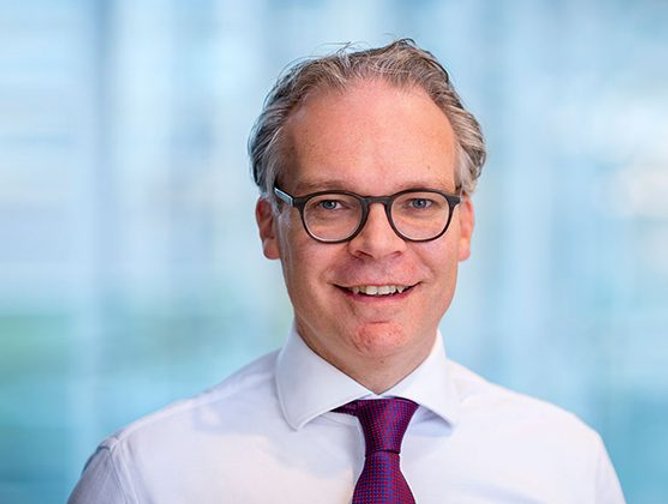Philips: How Procurement Supports ESG Goals

As a tech company working towards a series of ambitious ESG targets, Philips has a series of strategies to leverage its procurement and supply chain to enhance its ESG performance.
In its most recent organisation report, the company celebrated expanding its circular revenues to 20% of sales; remaining carbon-neutral in its operations, and further reducing its value chain carbon emissions with 46% of its purchases (in spend) made with procurement partners and suppliers that have made commitments to science-based targets
Philips and supplier sustainability
The company states it engages, supports and collaborates with its suppliers to help support improvement in social and environmental performance. This programme includes working with its suppliers to provide training, auditing its performance, and supporting them to make improvements. It is also an active member of the Responsible Business Alliance, and encourages suppliers to join the organisation too.
In 2016 Philips introduced its Supplier Sustainability Performance (SSP) programme to improve and replace a more traditional auditing model. It is a systematic approach that encourages continuous improvement against a set of global standards. The programme is rooted in collaboration and transparency to ensure suppliers reach agreed targets, and encourages others in the supplier network and industry to adopt the approach.
How Philips measure supplier performance
Suppliers are assessed against a ‘plan - do - check- act’ cycle to establish their level of maturity, and then are rated with a supplier sustainability score up to 100. Their progress is then monitored through a continuous improvement feedback loops to measure its performance in environmental management, health & safety, business ethics, and human capital.
Suppliers are sorted into four classes known as: BiC (Best in Class), SSIP (Supplier Sustainability Improvement Plan), DIY (Do it Yourself) and PZT (Potential Zero Tolerance). The zero tolerance grade identifies violations of the Philips Sustainability Agreement, such as falsifying records, child labour, immediate environmental or worker health threats, and other company regulatory requirements.
Each year, over 200 suppliers actively engage in the SSP programme, with additional suppliers joining annually. In 2020, around 302,000 workers benefited from the program, experiencing improvements in labour conditions, reduced risk of serious injuries, and mitigated negative environmental impacts from suppliers. Philips systematically measures and monitors the impact of SSP engagement through a year-on-year improvement rate.
Philips and green supply chain
The company is following a wider strategy to advance towards lower carbon operations and value chain. This policy includes increasing its procurement of renewable energy, developing the circularity of its supply chain, and continuing to work with suppliers who align with its commitment to science based targets.
In company data from 2023, Philips expanded its circular revenues to 20% of sales, and alongside remaining carbon-neutral in its operations since 2020, Philips achieved 78% renewable energy usage, exceeding its 75% science-based target goal for 2025.
It maintained the circularity of its waste stream at 91% (against a 2025 target of 95%) and retained its Zero Waste to Landfill status with all 23 industrial sites meeting this goal at the end of 2023.
“Building on our strong heritage in environmental and social responsibility, we have a fully integrated approach to doing business responsibly and sustainably, in line with our company purpose. I am convinced that our ESG commitments are the best way for Philips to drive priorities for global impact and create long-term value for our stakeholders,” says Marnix van Ginneken, Chief ESG & Legal Officer at Royal Philips.
“We are proud of the progress we have made towards our goal of improving 2 billion lives per year by 2025, on delivering on our low-carbon commitments, and in expanding our portfolio of EcoDesign products and systems. We remain focused on driving further improvements in line with our 2025 commitments.”

Read more about the Supplier Sustainable Performance Programme at Philips and how strong relationships with partners helps Philips to reach their goals
Make sure you check out the latest edition of Procurement Magazine and also sign up to our global conference series - Procurement & Supply Chain LIVE 2024
**************
Procurement Magazine is a BizClik brand
- Amazon’s World Leading Green Energy Procurement StrategyProcurement Strategy
- Microsoft Expands Procurement of Renewable EnergySustainability
- What is L’Oreal’s ‘Buy & Care’ partner programme?Sustainable Sourcing
- New Starbucks impact board reinforces promises to suppliersSupply Chain Management






